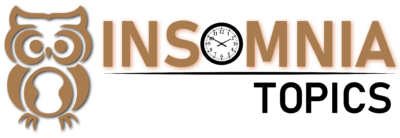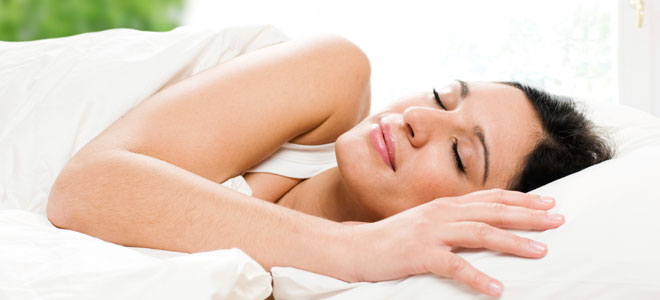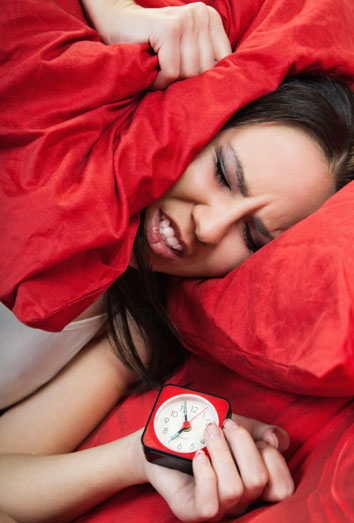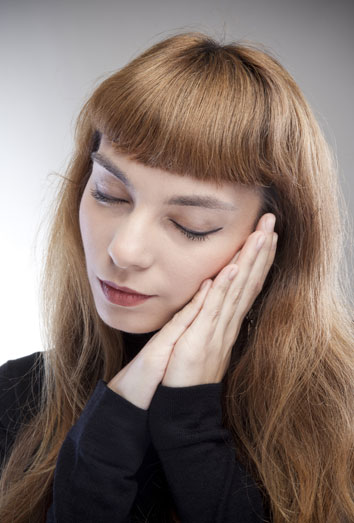Fighting insomnia is constant work that requires attention to detail. Details such as what time we do sports, how to turn off the computer a few hours before going to sleep, how to have a light dinner or arranging the bedroom in the most appropriate way to sleep well are very important to deal with insomnia. And there are other important details that escape us, such as the drinks we consume late in the afternoon. We make a count of the drinks that are best for us and those that harm us the most to sleep.

Good drinks to sleep
- Logically, relaxing infusions are the ideal drink to combat insomnia. Infusions of lavender, passion flower, orange blossom, chamomile, lime blossom and even lettuce, which is one of the best sleep remedies, are the most popular drinks that we can drink not only just before going to bed, but throughout the day. The afternoon to gradually reduce the activity and relax.
- Milk is also one of the best drinks to combat insomnia, although not everyone can drink it. For these people, soy derivatives or lactose-free milk are an ideal alternative, especially if we add a teaspoon of honey. It is true that this grandmother’s remedy is not usually drunk in the afternoon, but rather it is the last step of a whole sleeping ritual.
- To drink throughout the afternoon, you can resort to natural juices, better if we prepare them ourselves to avoid added sugars, since sugar is one of those enemies of sleep that few people know about. And the shakes are a whole world of refreshing flavors that you can incorporate into your daily habits.
Bad drinks to sleep
- In a matter of drinks there is a problem of ignorance that can harm us at bedtime. Most people are well aware that to combat insomnia they should avoid caffeine and stimulating drinks in the afternoon. But not everyone knows what those stimulating drinks are besides coffee.
- It turns out that sodas and many of the trendy flavored waters are stimulants and contain caffeine, so it’s best to avoid them in the afternoon as much as coffee. Doubt also hangs over alcohol, of which many people praise its sedative effect. Alcohol may predispose you to sleep somewhat, but it will be a sleep that is not very restful, of poor quality and with frequent nocturnal awakenings.
- The case of tea is different, a drink that in many places is synonymous with infusion. Tea as such is an exciting drink that contains caffeine, so we must avoid it at all costs if we want to sleep well. But for all those people for whom tea is a ritual more than a drink, you can easily find designated or decaffeinated tea on the market.






